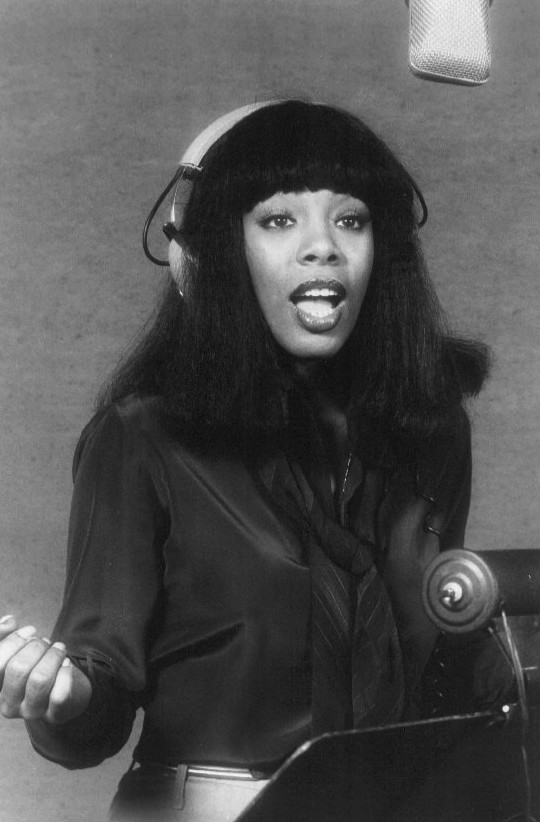
Disco 1
Coined to describe the broad range of danceable music played by disc jockeys (DJs) in public discotheques and private parties in North America in the early 1970s, disco became a recognized genre of popular dance music that drew on elements of African American music genres of funk, gospel, jazz, and soul. Disco recordings were often built on a propulsive underlying rhythm section, around which a wide range of instrumental and vocal techniques emerged using structured songs and groove-oriented tracks. DJs became central to the popularization of disco records and were often characterized by how engineers, producers, and remixers deployed a series of increasingly unconventional studio techniques to manipulate vocal and instrumental takes. It is important to note here that disco music started out as predominantly Black/interracial and gay-friendly, and sooner than later music executives whitewashed it to gain a mainstream audience.
Several hits propelled disco's commercial success between 1977 and 1980: In 1977, " I Will Survive " by Gloria Gaynor and " You're the First, the Last, My Everything " by Barry White; in 1978, " Boogie Oogie Oogie" by A Taste of Honey, " YMCA" by The Village People, and " Last Dance" by Donna Summer; in 1979, " Hot Stuff " by Donna Summer; and in 1980, " Celebration" by Kool & The Gang. However, the subsequent coincidence of disco's industrial overproduction and a deep recession culminated in a backlash against the genre and its associated culture, and during 1980 the music industry stopped using the word "disco" altogether. In addition, the fact that later genres such as the newly coined categories of dance, hip-hop, house, and techno made increasing use of electronic and sequenced sounds also distinguished them from disco.






